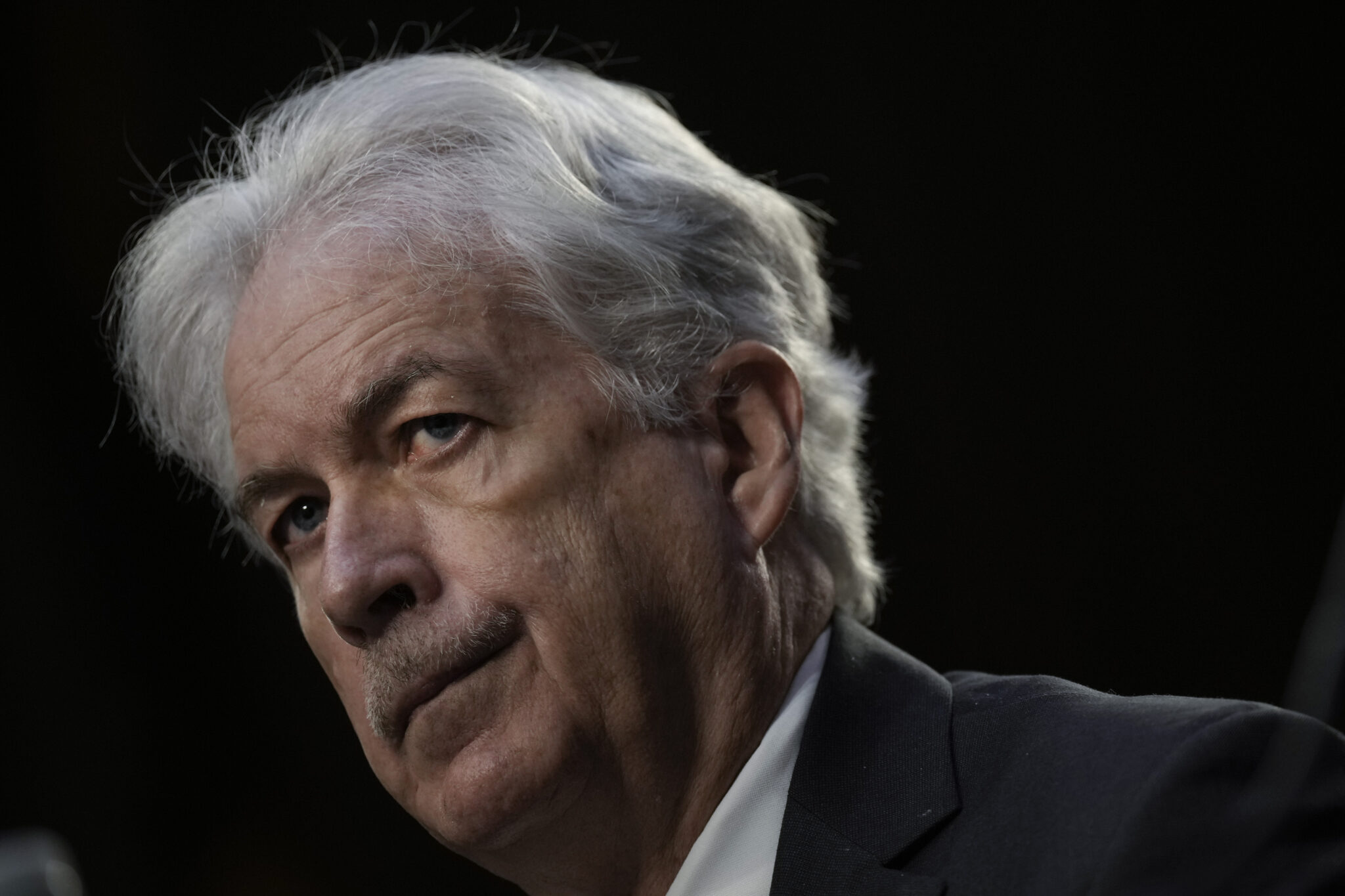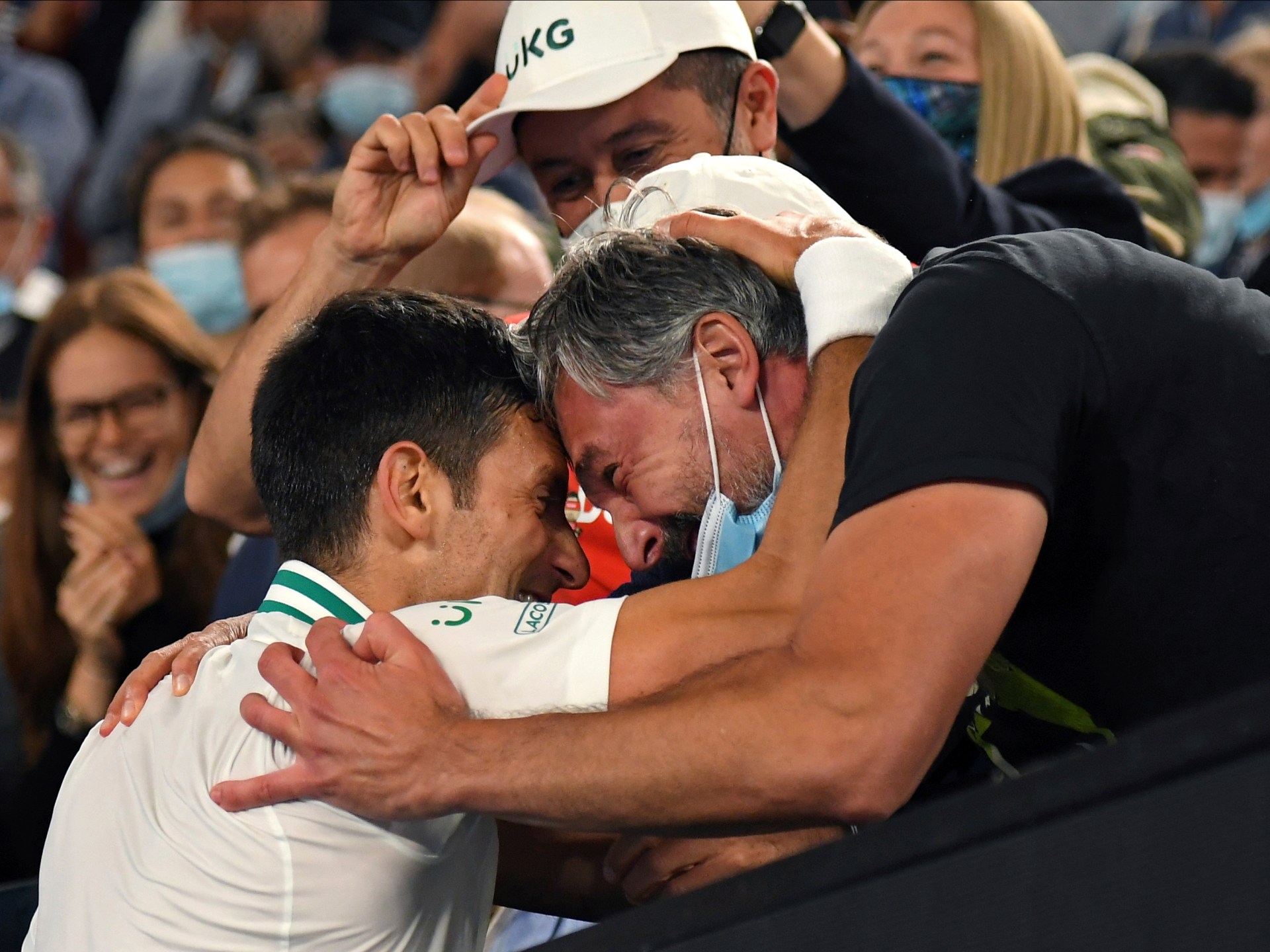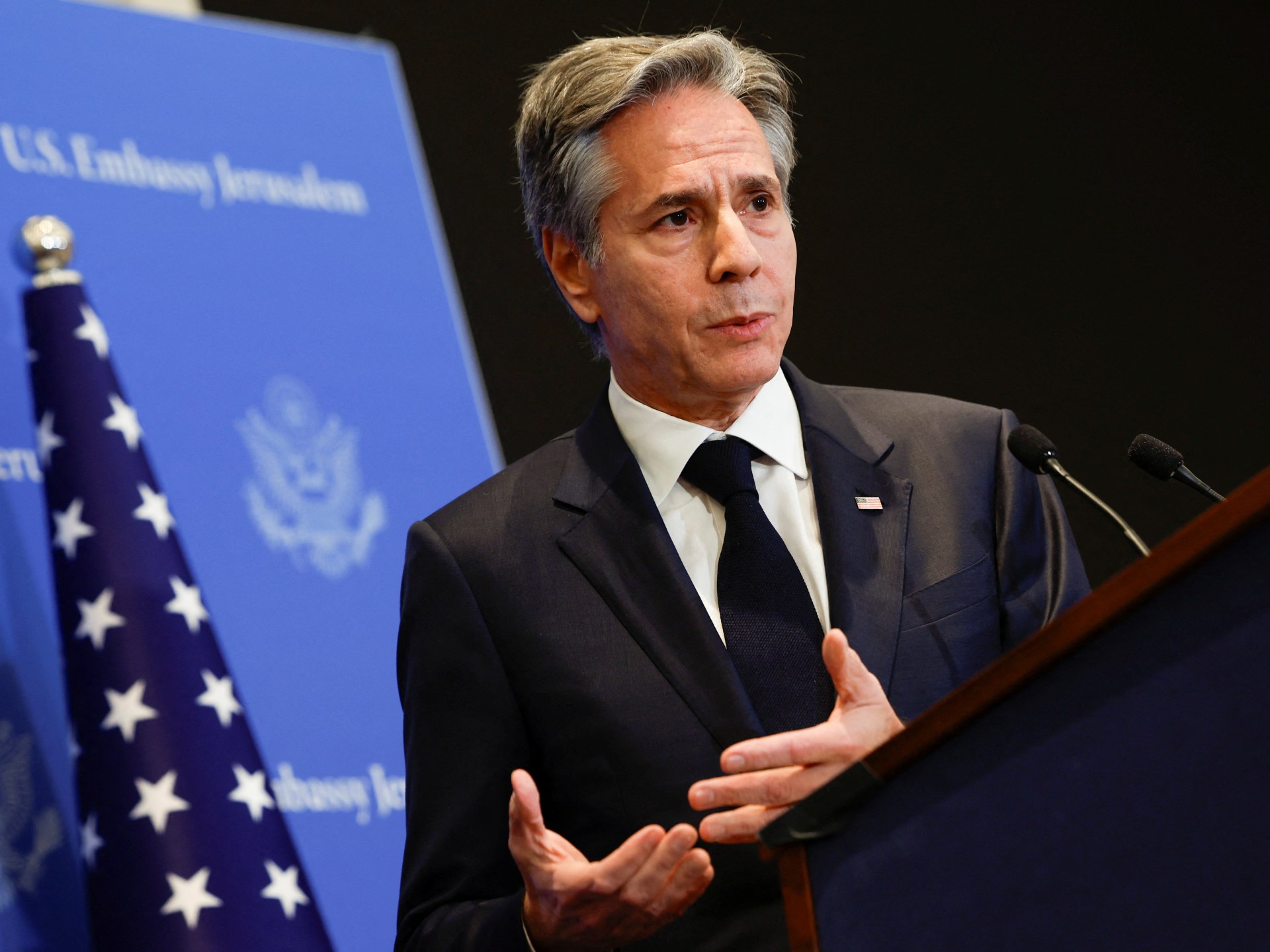Russia-Ukraine war news: Kremlin launches deadly strikes on Odessa
Here’s the latest on the war and its ripple effects around the globe.
This week’s strikes have been the worst of the war, an Odessa resident told The Washington Post. “The week has been more painful than the last strikes,” Roman Zaichenko said. He and his family, who have lived in Odessa for about two years, went from their top-floor apartment into the underground parking lot while the explosions cracked the sky overnight. He said he fears for the safety of his children, ages 4 and 5, but he doesn’t plan to leave.
Zelensky said Ukraine would retaliate against Russian attacks in Odessa. Photos and footage posted by Ukrainian authorities on Telegram showed piles of rubble, overturned cars and blown-out roofs in the city, as well as shattered religious murals at the Transfiguration Cathedral, a religious structure with more than 200 years of history that was destroyed by Soviet authorities in 1936.
Russia’s Defense Ministry said it struck Odessa overnight, asserting without evidence that the attack was designed to target Ukrainian forces preparing attacks against Russia. The Russian armed forces used sea- and air-launched precision-guided weapons to strike areas where unmanned boats meant for attacks against Russian territory were being prepared and manufactured, Igor Konashenkov, a ministry spokesman, said at a news briefing. In a separate message, the ministry denied striking the Transfiguration Cathedral, blaming Ukrainian air defenses for the damage without providing evidence. The Post could not independently verify the claims.
The U.S. ambassador to Ukraine said the Odessa attack had “terrible costs.” Bridget A. Brink said on Twitter that the city, “a world heritage site and a vital port for global food security,” was left with “a destroyed cathedral, ruined homes, and burning grain silos” after the overnight strike.
More than 20 architectural monuments were damaged, the Odessa regional administration reported. Among the landmarks are 19th- and 20th-century buildings in the historic center of Odessa that are legally protected UNESCO World Heritage sites. UNESCO condemned “the brazen attack carried out by the Russian forces” in a news release Sunday. “This outrageous destruction marks an escalation of violence against [the] cultural heritage of Ukraine,” said Audrey Azoulay, UNESCO’s director general, in the release.
Missiles against peaceful cities, against residential buildings, a cathedral… There can be no excuse for Russian evil. As always, this evil will lose. And there will definitely be a retaliation to Russian terrorists for Odesa. They will feel this retaliation.
All those who… pic.twitter.com/gcpD30BFP1
— Володимир Зеленський (@ZelenskyyUa) July 23, 2023
One person was killed by Russian shelling in Kherson, Ukraine’s armed forces said. The attacks were aimed at a residential area and an administrative building, they said.
Zelensky discussed steps with NATO’s secretary general to unblock grain export routes outlined in the Black Sea Grain Initiative, the pact that Russia pulled out of last week, Ukraine’s president said in his evening address Saturday. Zelensky said he and Jens Stoltenberg also discussed Ukraine’s “fastest possible accession to NATO,” which Ukraine is intent on joining. At a recent summit, leaders of the defense alliance said certain conditions must be met, and members must agree, before that can happen — though they reiterated that “Ukraine’s future is in NATO.” The Ukraine-NATO Council will convene on Wednesday, Zelensky said in his Sunday evening address.
Russian President Vladimir Putin and Belarusian leader Alexander Lukashenko met Sunday in St. Petersburg, Russian state media reported. The Kremlin previously said the leaders would discuss their nations’ “strategic partnership.” The meeting comes two days after Putin warned that any attack against the neighboring state would be considered an attack against Moscow.
Ukraine’s counteroffensive operations are likely to “gain pace,” Zelensky said during a virtual appearance at the Aspen Security Forum, as Ukrainian forces try to retake ground from Russian troops. In a CNN interview recorded last week that aired Sunday, U.S. Secretary of State Antony Blinken said Ukraine has “taken back about 50 percent of what was initially seized.” Putin on Sunday called the counteroffensive a failure, Russian state media reported.
Radar imagery appears to show newly arrived vehicles and equipment in Belarus at a rumored base for fighters from the Wagner Group. The images, provided to The Post by Maxar Technologies and Umbra, show that “dozens, if not hundreds, of vehicles and equipment have recently arrived at the facility,” according to Stephen Wood, senior director at Maxar. The images show an increase in materiel compared with previous imagery gathered July 16.
A drone attack in Crimea caused an explosion at an ammunition depot, prompting evacuation orders, Sergei Aksyonov, the Russian-backed head of Crimea, said Saturday. Aksyonov blamed the explosion on Ukraine, and the Ukrainian armed forces later claimed they had destroyed oil and ammunition depots.
“Many may die” of starvation without an active Black Sea grain deal in place, said U.N. aid chief Martin Griffiths. He also warned of a spike in global food prices and financial devastation for Ukrainian farmers. “Some will go hungry, some will starve, many may die as a result of these decisions,” he said.
A Russian official condemned Ukraine and the United States after the death of a war correspondent from Russia’s RIA state news agency. In a Telegram post, Viktor Bondarev, chairman of the defense and security committee in the Federation Council, the upper house of Russia’s parliament, accused Ukraine of using cluster munitions and implied the United States was also to blame. Human Rights Watch has previously said that Russia and Ukraine were using cluster munitions during the war.
Ukraine is littered with explosives. It will take decades to make it safe. In a year and a half of conflict, Ukraine’s heartland has been transformed into patches of wasteland riddled with danger. Explosive materials, artillery shells, undetonated bombs or rockets and land mines have contaminated a swath of land roughly the size of Florida or Uruguay. Undoing it could take hundreds of years and billions of dollars in what is now the most mined country in the world, Eve Sampson and Samuel Granados write.
“The sheer quantity of ordnance in Ukraine is just unprecedented in the last 30 years. There’s nothing like it,” said Greg Crowther, the director of programs for the Mines Advisory Group.
Kasulis Cho reported from Seoul, Timsit from London, and Fowlkes and Avi-Yonah from Washington. Natalia Abbakumova contributed from Riga, Latvia.
Check out our Latest News and Follow us at Facebook
Original Source







